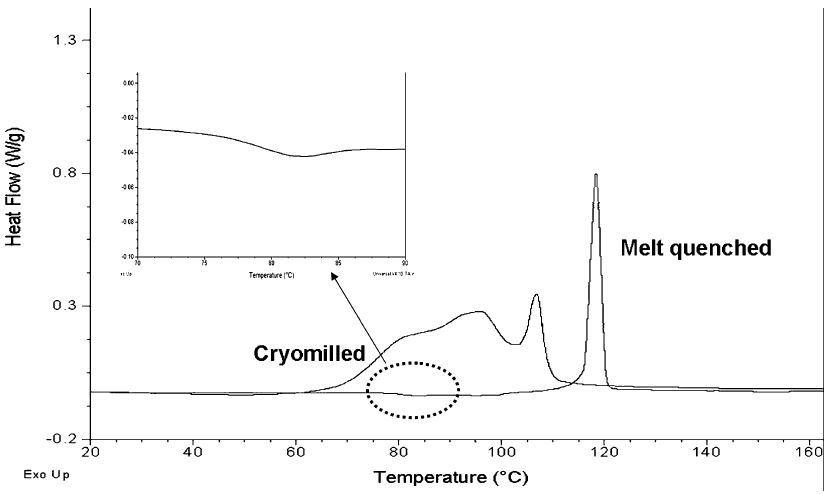Differential Scanning Calorimetry (DSC) is a versatile tool that allows the generation of several types of data that help support nearly any business sector or application (from the pharmaceutical to the chemical industry, biochemists and cosmetics developers, electronics and fire retardants and more).
In a DSC analysis, energy amounts are measured for a sample as it is being heated or cooled, delivering quantitative and qualitative data on processes where the sample either absorbs or generates heat (endothermic vs. exothermic event).
Although the determination of melting point and glass transition are two of the most frequently requested analyses on the DSC instrument, the versatility of the technique lends its hands to advancing a broad selection of additional areas. There has been significant interest in using DSC to study lipid nanoparticles in recent years. Improved Pharma has published a blog on how DSC is being used in this very exciting technology.
At Improved Pharma, we can use DSC to help you determine:
- Melting point
- Glass transition
- Degradation temperature
- Sublimation
- Transitioning between amorphous and crystalline states
- Characterization of different amorphous preparations
- Changing polymorphic forms
- Changing state of hydration or solvation
- Assessing material stability
We can also conduct thermal analysis via hot stage optical microscopy. When sample size is extremely limited, DSC data can also be collected at the same time as hot stage optical microscopy.

